RoboCake, the world’s first edible dancing robot, blends chocolate, LED lights, and rechargeable edible batteries.


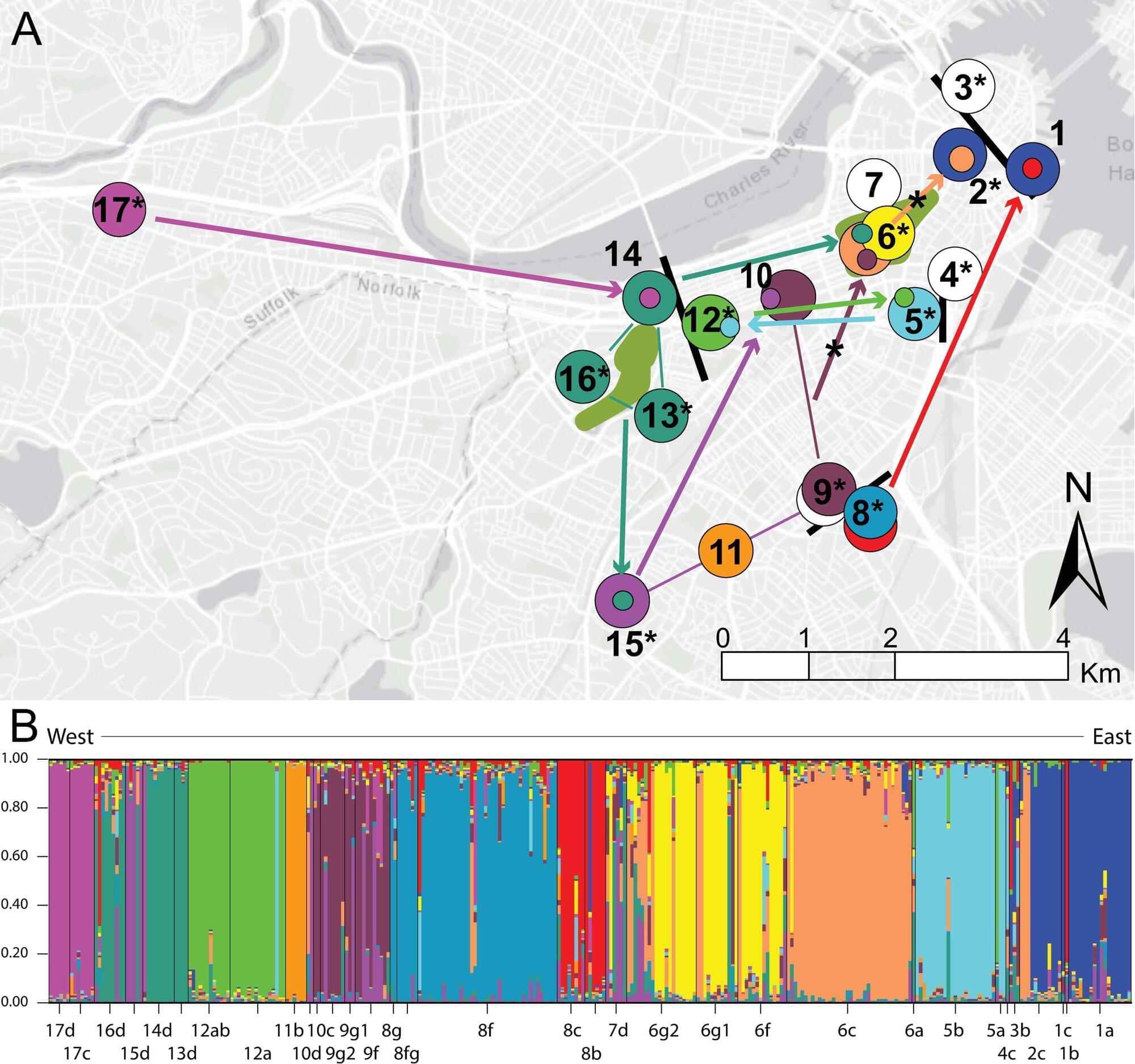
Urban rats spread a deadly bacteria as they migrate within cities that can be the source of a potentially life-threatening disease in humans, according to a six-year study by Tufts University researchers and their collaborators that also discovered a novel technique for testing rat kidneys.
Leptospirosis is a disease caused by a type of bacteria often found in rats. It’s spread through their urine into soil, water, or elsewhere in the environment, where it becomes a source of infection and contamination for humans, dogs, and other species. While it’s prevalent worldwide, it’s more common in tropical regions, though a changing climate means it could become more common in colder regions as they warm.
In Boston, leptospirosis persists in local rat populations, and different strains of the bacteria move around the city as groups of rats migrate, according to a new study by Marieke Rosenbaum, M.P.H., D.V.M., assistant professor in the Department of Infectious Disease and Global Health at Cummings School of Veterinary Medicine at Tufts University, along with co-authors at Northern Arizona University (NAU), the United States Department of Agriculture (USDA), and the Centers for Disease Control and Prevention (CDC). In addition, their genetic analysis of a 2018 human leptospirosis case in Boston strongly suggests a link to rats as the source.

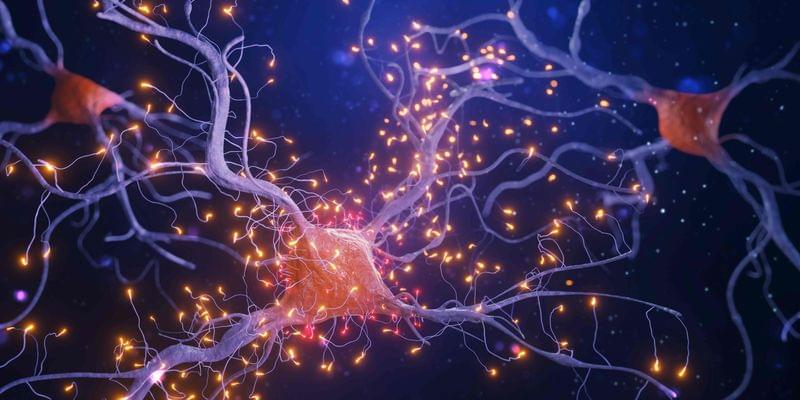
QurAlis researchers are developing precision medicines to treat ALS and other neurodegenerative diseases.
Credit: iStock.com/herraez.
QurAlis researchers have developed QRL-101, a new drug candidate that targets overactive neurons to prevent cell death in ALS.
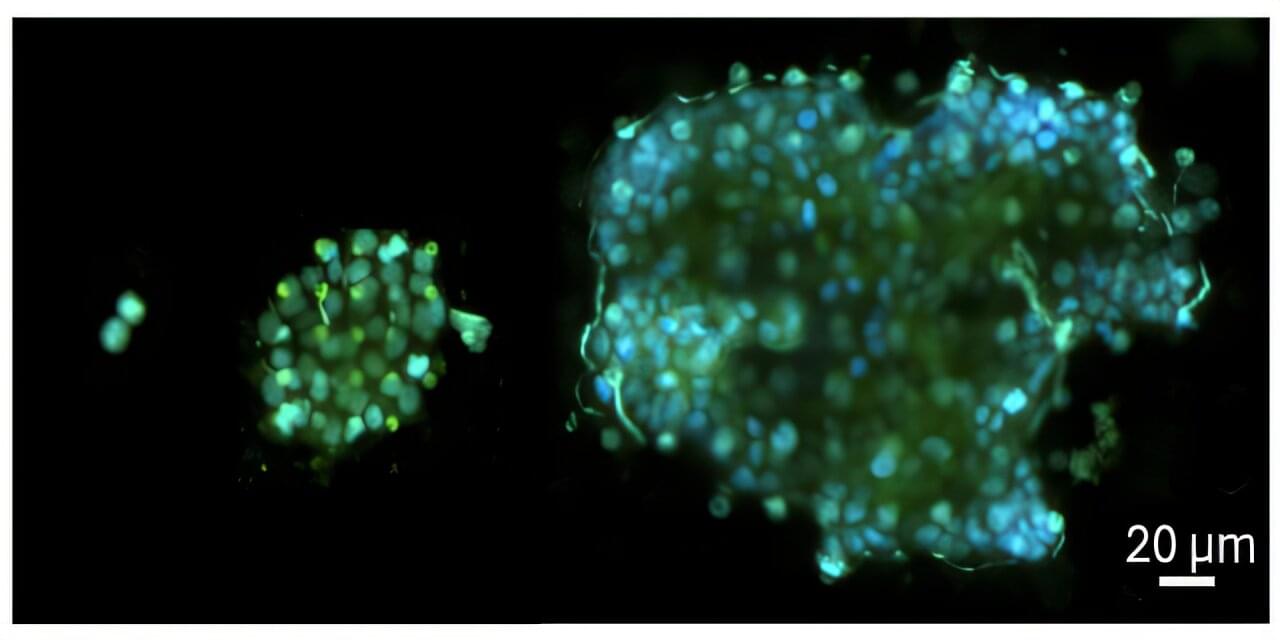
A McGill University-led research collaboration has achieved a breakthrough in understanding how cancer spreads. A clinical study of ovarian and colorectal cancer patients found cancer cells move in the bloodstream in clusters more commonly than was previously thought. The discovery could help doctors more quickly identify which cancer patients are at high risk of having their cancer spread to other organs, knowledge that could guide treatment decisions. The findings also potentially open new avenues for treatment.
The study, published in Communications Medicine, was conducted with researchers and clinicians Anne-Marie Mes-Masson and Dr. Diane Provencher at the Centre hospitalier de l’Université de Montréal, Dr. Peter Metrakos at the Research Institute of the McGill University Health Centre and Luke McCaffrey at the McGill-affiliated Rosalind and Morris Goodman Cancer Institute.
Cancer is responsible for about 1 in 4 deaths in Canada. In most cases, it is not the original tumor that proves fatal, but the cancer spreading to other organs, a process called metastasis. This occurs when circulating tumor cells (CTCs) break away from tumors, enter the bloodstream, and seed new tumors elsewhere in the body. On rare occasions, CTCs break away as a group of cells sticking to one another and forming a cluster.
A mathematician has solved a 200-year-old maths problem after figuring out a way to crack higher-degree polynomial equations without using radicals or irrational numbers.
The method developed by Norman Wildberger, PhD, an honorary professor at the School of Mathematics and Statistics at UNSW Sydney, solves one of algebra’s oldest challenges by finding a general solution to equations where the variable is raised to the fifth power or higher.
A physicist claims that gravity is not a force holding life together, but that it is actually a clue that we live in a simulation.
Interstellar travel, warp drive, faster than light travel, warp bubble, Alcubierre drive, NASA warp drive, space-time distortion, light speed travel, how warp drives work, real warp technology, warp propulsion system, warp drive explained, warp bubble discovery, warp engine future, future of space travel, next-gen propulsion, quantum space travel, NASA future engines, faster than light propulsion, warp speed engine, interstellar propulsion, warp field theory, realistic warp drive, time-space bending, warp drive research, space compression engine, warp bubble formation, speed of light engine, space travel breakthrough, quantum warp physics, NASA Alcubierre experiments, faster than light spacecraft, space engine of the future, science behind warp travel, future space engines, advanced propulsion systems, faster space travel, interstellar engine, AI warp technology, warp speed concept, deep space propulsion, warp travel possibility, future of interstellar travel, warp field generator, warp drive simulation, space-time technology, warp engine design, warp travel physics, NASA advanced propulsion, light speed technology, interstellar drive, futuristic space missions, quantum warp theory, interstellar exploration, Alcubierre theory explained, faster than light speed real, warp drive new update, is warp drive real, warp energy system, interstellar ship design, future starship propulsion, warp travel 2025, theoretical warp engine, quantum warp bubble, warp travel breakthroughs, warp vs hyperspace, faster than light reality, space-time folding, next-level propulsion tech, how warp bubbles work, warp field strength, warp engine NASA, intergalactic travel system, warp propulsion lab, faster than light theories, dark energy space travel, warp drive potential, NASA warp tests, AI in warp design, building warp field, interstellar future tech, light speed drive, quantum drive system, warp field breakthrough, realistic warp bubble, future propulsion technologies, warp physics 2025, space exploration engine, space future transport, human warp travel, light barrier propulsion, warp core explained, breakthrough warp news, futuristic space travel engine, hyperspace physics, gravity drive future, starship warp engine, warp field propulsion, advanced space engine, warp travel truth, real warp space engine, warp research 2025, NASA space warp news, interstellar velocity tech, how close is warp drive, warp travel secrets, build warp bubble, real future propulsion, interstellar propulsion systems, future warp experiments, antimatter warp engine, NASA interstellar roadmap, theoretical space travel, faster than light breakthrough, bending space travel, advanced NASA propulsion, deep space warp tech, warp field dynamics, interstellar navigation, space-time engineering, propulsion beyond light, warp field lab research, zero point propulsion, exotic matter warp tech, Einstein Rosen bridge travel, deep space warp bubble, warp travel possibilities, Alcubierre drive latest, cosmic warp fields, futuristic warp designs, NASA warp concepts, artificial gravity propulsion, light years in seconds, science fiction becomes real, warp engine materials, future spaceflight systems, tech behind warp travel, intergalactic warp missions, real science warp drive, breaking physics boundaries, warp acceleration tech, future speed engines, beyond light barrier, revolutionary space drives, interstellar warp fleet, building real starships, quantum flux drive, ultra fast space travel, high-speed interstellar ships, space warping devices, sci-fi into science, real warp research 2025, future warp mechanics, warp tech for Mars, light years shrink tech, high-energy warp field, space compression reality, theoretical warp fields, warp technology update, real warp engine 2025, quantum space travel, future space exploration, interstellar drive systems, warping fabric of space, cutting-edge warp research, real-world warp theories, next-gen space engines, warp drive explained simply, warp travel breakthrough, sci-fi warp facts, realistic space propulsion, next century spaceflight, space bending concepts, time space compression, warp navigation systems, warp thrust technology, energy-efficient space travel, practical warp physics, warp prototype testing, NASA warp updates, space engine revolution, warp spacecraft design, future propulsion mission, warp speed potential, traveling galaxies fast, warp system mechanics, interstellar jump theory, speed of light bypass, warp vs light engines, fusion warp engine, space warping principles, warp timeline predictions, interstellar tech 2040, breakthrough propulsion systems, warp vs wormhole travel, practical warp propulsion, warp travel tech 2025, cosmic warp navigation, interstellar physics model, galactic travel innovation, propulsion science advance, real-life star trek drive, warp experimentation lab, next era space travel, warp engine components, future of warp research, dark energy propulsion, interstellar transport future.
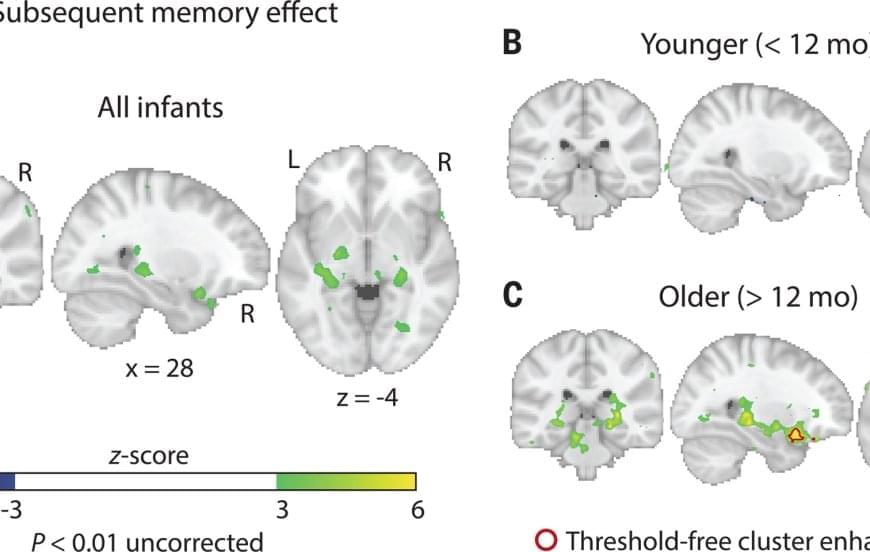
Though we learn so much during our first years of life, we can’t, as adults, remember specific events from that time. Researchers have long believed we don’t hold onto these experiences because the part of the brain responsible for saving memories — the hippocampus — is still developing well into adolescence and just can’t encode memories in our earliest years. But new Yale research finds evidence that’s not the case.
In a study, the researchers showed infants new images and later tested whether they remembered them. When an infant’s hippocampus was more active upon seeing an image the first time, they were more likely to appear to recognize that image later.
The findings, published in Science, indicate that memories can indeed be encoded in our brains in our first years of life. And the researchers are now looking into what happens to those memories over time.
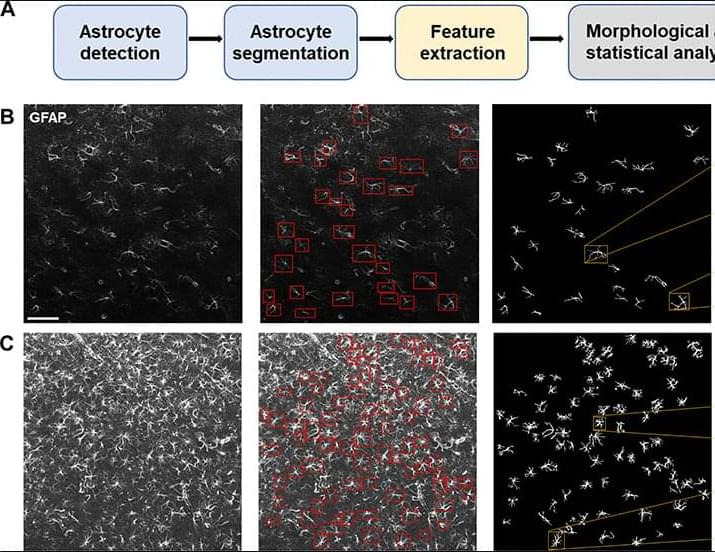
The strong links between changes in astrocyte structure and function in the context of neurodevelopment and disease have been supported by studies examining astrocyte cytoskeletal markers such as glial fibrillary acidic protein (GFAP) in disease models and postmortem human brain tissue, where increases or decreases in its expression in various brain nuclei are often linked with neurocognitive and psychiatric disorders. Hence, changes in GFAP expression are often the first-line test for astrocyte involvement in disease and support a role for astrocyte dysfunction in major depression, schizophrenia, alcohol and substance use disorders, anorexia nervosa, and bipolar disorder (7–19), where changes in astrocyte structure, density, complexity, and/or blood vessel association are linked with disrupted astrocyte function. Although reactive astrogliosis remains the single most studied astrocytic response involving morphological adaptations and changes in GFAP expression (20, 21), in recent years, astrocyte morphological plasticity has been shown to be more nuanced. GFAP expression is dynamic across the circadian cycle (22–24) and increases with physical exercise and environmental enrichment (25, 26). Moreover, in aging, astrocytes increase or decrease their GFAP expression in different brain regions (27, 28), suggesting heterogeneity in astrocyte form and function.
We previously found a notable relationship between astrocyte structure and vulnerability to substance use disorders, with astrocytes in the nucleus accumbens (NAc) altering their association with different neural subcircuits to drive or suppress drug-seeking behavior depending on heroin availability (29–31). The NAc is critical for regulating behavioral outputs in response to rewards, including substances of abuse and natural reinforcers, such as food or sucrose. The NAc is composed of core and shell subregions that are themselves heterogeneous structures with regard to synaptic input and output connectivity and function (32–36). Heterogeneity has been observed in astrocyte morphology within the NAc core (3, 30, 37), but studies have not yet examined how astrocyte structure and function differ across NAc subregions at baseline or in response to operant conditioning with natural or pathological reinforcers.
To address this gap, we developed an automated pipeline for single-cell morphological analysis of astrocytes that integrates state-of-the-art deep learning models for astrocyte detection and segmentation, together with highly sensitive geometrical tools for precise quantitation of single-cell morphological characteristics. We introduce the rigorous notion of morphological distance (MD) to measure alterations in astrocyte morphology and compare astrocyte subpopulations according to their structural characteristics. By applying this pipeline in combination with supervised machine learning, we found that single-astrocyte morphological characteristics were predictive not only of anatomical location within the NAc at baseline but also of the availability of heroin or sucrose at the moment of image capture. This geometrically sensitive approach yields substantially more detailed information about astrocyte structure than previously applied manual or semiautomated approaches and serves as a rigorous quantitative assay for identifying brain nuclei where astrocytes undergo plasticity in the context of disease. We found that astrocyte structural plasticity across the NAc was disrupted in animals that had been exposed to heroin but not sucrose, consistent with a largely protective role for NAc astrocytes in maintaining synaptic homeostasis and behavioral flexibility. We also found that astrocyte structural plasticity in the dorsomedial portion of the NAc shell was uniquely engaged during the initiation of opioid but not sucrose seeking, suggesting the involvement of this structure in drug relapse.